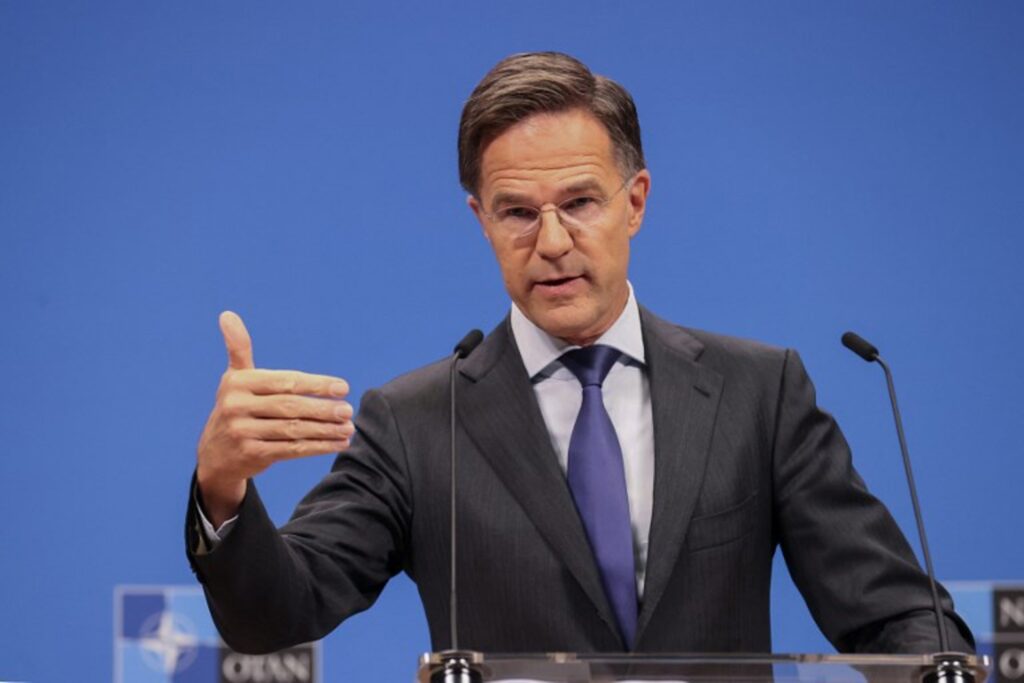NATO committed to improving the standardisation of its equipment on Friday, a long-standing challenge for the Alliance's military forces.
"Standards are essential for our ability to fight together, and stronger standards will help us reduce costs," NATO's new Secretary-General Mark Rutte said at a press briefing following a meeting of the Alliance's Defence Ministers.
Standardisation allows the armed forces of NATO's 32 member countries to work together by setting common rules and standards for both procedures and equipment, including artillery, ammunition and aviation. However, the war in Ukraine has highlighted the shortcomings of a standardisation process that began with the Alliance's formation 75 years ago.
Ukrainian armed forces found that 155 mm Western shells used by their artillery were not always compatible with 155 mm guns provided by NATO countries. A Ukrainian diplomat revealed last year in Brussels that a Dutch shell did not fit into a German gun. This issue has since been resolved, but many challenges remain.
"There are currently nearly 200 NATO working groups focusing on standardisation," a senior Alliance official stated this week, speaking on condition of anonymity.
In addition to NATO's overall initiative, about ten allied countries, including the United States, the United Kingdom and Germany, signed a letter of intent on Thursday to bolster the Alliance's capacities in this area. "This represents a commitment to work together and to allocate funding towards this goal, particularly regarding artillery," the official explained.
Related News
- Belgian civil organisations condemn ‘intimidation’ by Engie and TotalEnergies
- Brussels Court rejects request to suspend Mark Rutte as head of NATO
Allied countries have also requested that Mark Rutte propose ways to "completely modernise the standardisation process within NATO," the official added.
NATO has around 2,000 standards, some of which pertain to procedures, such as safely operating a tank, which are relatively simple to implement. However, equipment standardisation is "where we have the most problems," the official acknowledged.
Aware of the task's magnitude, NATO will first focus on ammunition, which is crucial "to win wars," the official explained.
A key challenge will be coordinating with defence industry manufacturers, whom NATO wants to involve from the initial phases of developing new equipment, a practice not currently in place, the official admitted.

